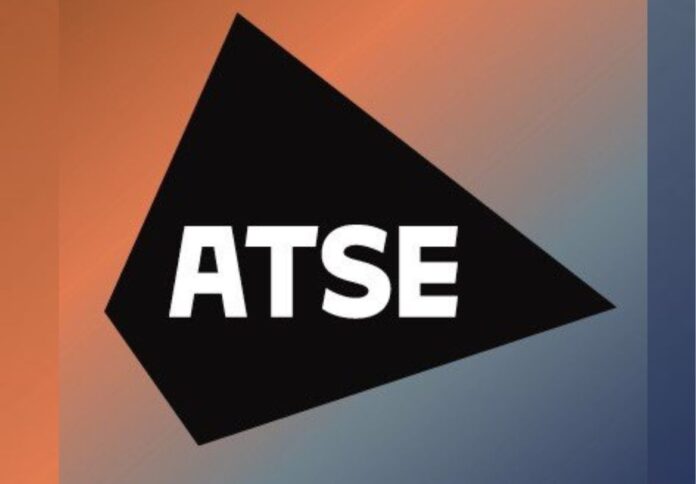
Engineers and applied scientists at the Australian Academy of Technological Sciences and Engineering (ATSE) have welcomed the strong focus on attaining net zero emissions indicated in Minister Ed Husic’s proposed National Science and Research Priorities.
The organisation said in a news release that the four priorities highlight the essential role of Australian science, engineering, and technology in addressing urgent challenges and defining a path towards a more sustainable future.
ATSE CEO Kylie Walker stated that the focus on building a net zero future and conserving resources underscores the community’s strong concern about climate change and the urgent need to decarbonise the economy.
“The National Priorities give direction and common purpose for great Australian research and innovation, providing a roadmap for a more sustainable future,” Walker said.
She said that the framework considers not only the pressing need to reduce carbon emissions but also Australia’s larger problems, such as protecting the environment and boosting resilience to climate change.
“It is critical however to put greater emphasis on the skills and capabilities which will be fundamental to move the needle on the priorities and bolstering research and development investment to reach 3 per cent of GDP. This will be critical to truly make Australia an innovation nation,” explained Kylie Walker.
ATSE also emphasised during the consultation process that focused attention and investment in infrastructure, transportation, and energy are critical for reducing carbon emissions and achieving net zero emissions.
Additionally, Traditional Knowledge and Knowledge Systems are also woven throughout the draft priorities.
As stated in ATSE’s response, Aboriginal and Torres Strait Islander peoples’ deep understanding of land and water management, agriculture, and the built environment should be viewed as an opportunity and enabler for scientific advancement, economic prosperity, and sustainability.
“Incorporating Traditional Knowledge Systems into the draft priorities is not just a recognition of our past but a critical pathway towards our future. It will guide us in shaping a better Australia and world,” said Walker.
ATSE said it looks forward to participating in the consultation further and will continue to advocate for a greater emphasis on vital skills and capacities, as well as the funding required to solve the problems described in the priorities.




















